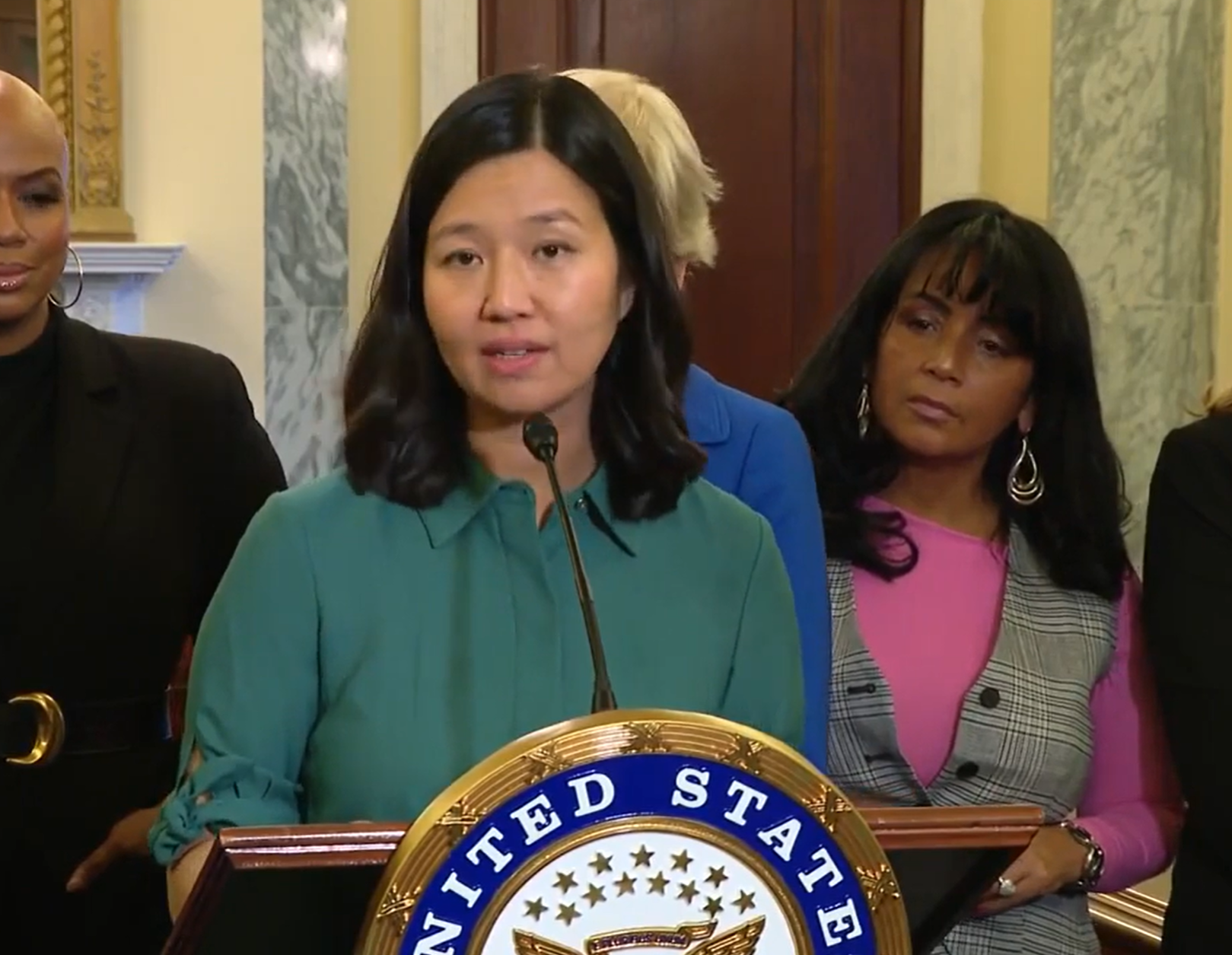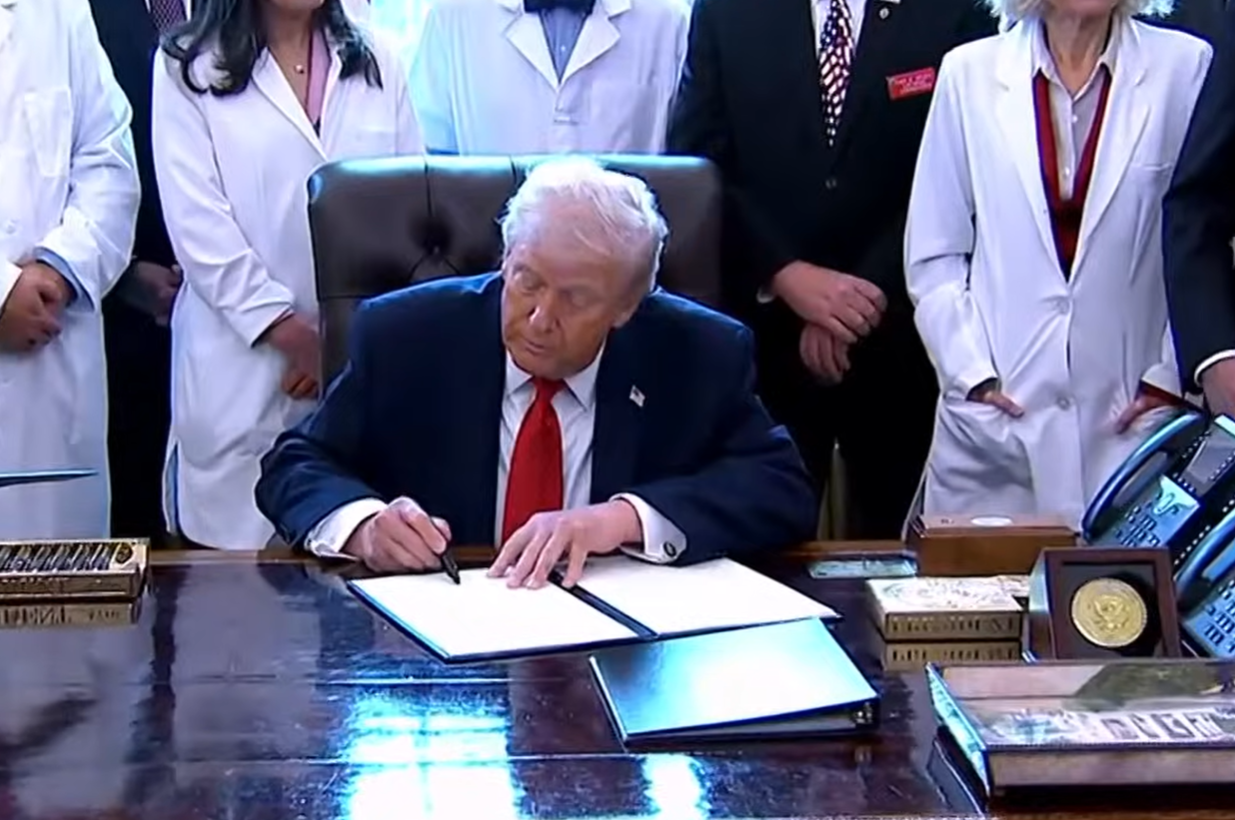I have been a cannabis tax professional for six years now. Initially, I can remember reading articles from organizations like the AICPA, saying that since cannabis was illegal federally, that any accountant that participated in helping those in cannabis were in jeopardy of losing their license. But then what do you expect from an industry that is so far behind, a majority of tax accountants are still printing and mailing tax returns.
Today, I get at least two emails from professionals wanting into this business, and want me to help them. As if I should create another competitor that will present themselves as an expert, know nothing, and cut my throat of fees? Why would I do that? Frankly, I like to stay ahead in this industry, and cannabis is getting too oversaturated for me. I will keep the clients I have, but honestly, I can’t compete in price with someone just starting that knows nothing, yet the client doesn’t know the difference.
For this, my final article on cannabis taxation, get ready to get your mind blown.
I am in Florida where cannabis became legal last year, however when legislated, there were only 25 licenses offered. Later that was increased by 11 more, but honestly it is impossible to make money in Florida.
I have at least one, and several in some states, cannabis clients where it is legal. Now you have the classic way to avoid 280E, which was introduced in CHAMPs v. Commissioner. However, in some states, and with recreational cannabis this strategy is not possible. So where cannabis is legal for medical, I use CHAMPs, as a guideline, but through the years I have added my own spin.
When we are engaged by a new cannabis client, we charge a consulting fee, and have to travel to the location where that client is, for which we are reimbursed. The reason is one little mistake the owner makes, and the whole strategy is blown out of the water. I’m not kidding. I’m dead serious. This industry is like no other. When CHAMPs can’t be used, we take every opportunity to boost cost of goods sold (COGS). For instance, if a dispensary, we section off about 25% of the dispensary and it holds the inventory. Then we make the owner of the business the inventory manager. All they do is deal with inventory. 25% of rent, and utilities are deductible, and the owner’s salary is deductible as COGS. However, most dispensaries will get a discount from their producer if they buy in bulk. However, there is no where to store the excess inventory, so we start a management company, that stores the excess inventory. The dispensary pays the management company a fee, and that is added to COGS. Not to mention we have created a non-Sect 280E company.
Now here is where we have to be careful. The workers in the dispensary rotate shifts and work 20 hours a week in the dispensary making minimum wage, the other 20 hours they work for the management company, and their salary, which is deductible is made up for. In a state like California, you need to provide armed security at both locations, but you pay for them out of the management company, so the cost is deductible.
Now, when I first got into cannabis I became well connected with bankers, financiers, lawyers, etc., and I refuse to let these people charge what I call the cannabis mark-up, where they will charge the cannabis company 3-5 times more for a service than they would to anyone else.
While in town, we get our cannabis companies banked. Every client I have in cannabis is banked, so it’s a myth that this is an all cash business. If we can also employ CHAMPs in the state, we cut the dispensary in half. One half is the dispensary and one half is for counseling and other care taking expenses. While there we do a price comparison of all dispensaries within a 20 mile radius, and we take them highest price. Let’s say that the highest price is $80 an ounce, We have the attorney draw up a contract stating that $40 will be paid for cannabis and $40 will be paid for caretaking per ounce. The caretaking company is a non-280E company, so we try to place as many expenses on caretaking as possible.
That is only allowed in a state that allows it, for example Nevada only allows license holders to own one business so CHAMPs is not possible.
Another thing you can do, and we set up, is that edibles, wax, and CBD oil are very popular, and growers will sell you the trim, which is what is left over from the grow, and what these products are made out of. We will find a food co-packer that will make cannabis edibles, some will also make wax and CBD Oils. Every state has different regulations on the amount of THC in edibles, and what the packaging has to say. Make sure the co-packer knows the rules. The co-packer will sell the finished product to the dispensary, and we will start another non-280E company, that will be a branding company for the edibles, wax and CBD. The dispensary will pay the branding company, and the amount paid will be COGS for the dispensary.
What is important is that all of these separate companies are in different locations, and what you pay each company has to be reasonable, so you can’t pay each $1 million. You can pay what those companies normally make, which depends on the state.
We spend about three to four days at the new client’s location to set all of this up, then monitor it from a cloud based accounting software. As I said one slip up, and the whole thing can be torn down by the IRS. Then we visit, for a fee, and all expenses paid, at least once a year to make sure that everything is running right.
Then we have growers. They are really nothing special because 90% of their expenses are COGS.
What all of these companies need before start-up is money. To get money they have to write an executive summary, which is basically a business plan. However, this is where we come to work with our network to get costs down. Most cannabis companies think they need $2.5 million or more to start up, because they want to buy and not rent, buy equipment and not lease. With our connections, we can get start-up costs down to $500k. After that is done we work on the cost of the product sold. With our connections, and hopefully the owner has some connections, we get the product cost low enough, that we can mark the product up 70%, sometimes more depending on the market. As we all know the market dictates the price, which is why its so important to get the cost of the product as low as possible.
For taxation, all of these companies are set up as C-Corps, and the non-280E companies pay the fringes like health insurance, company cars, etc.
Can you do this? If you’ve been at this as long as we have perhaps, but cannabis is a close-knit community, and you need to take lots of time to make connections.
One word about the cannabis industry, don’t make the mistake thinking that it is a white collar business. For every one white collar person there are nine non-white collar people, mostly getting out of the black market. If you BS these people, they will eat you alive. Most owners are packing guns, and will remind you of that several times. Unless you are well known, they will test you over and over again. If you fail any test, then there is an unspoken rule that you could be killed. Cannabis is a very nasty business.
Another thing to keep in mind is that most owners are not business people. Do not condescend them, make them feel stupid, if you have to explain a complicated concept you need to break it down to its simplest terms. Most of the owners are coming out of the black market, and for all of this to pass muster with the taxing authority, you need to beat into the owner’s head that things need to be run exactly like you are telling them to, then you have to revisit. When traveling we will charge a retainer for the time spent there, and demand to have all of our travel, lodging, and meals reimbursed.
Thing is, that most owner’s will see your value, and have no problem paying these fees, however the industry has become so flooded with fake accountants, that may have read a few articles on 280E, and will undercut my fee. However, the one thing I have going for me is that I am well known in the industry.
You need to study each state’s laws, because there may be some tax things that you want to do, that you can’t because the state doesn’t allow it, so you need to have several strategies ready to go. In this article, this is just one strategy, however there are plenty more.
Please no more emails from accountants asking me to help them get into this industry. Figure things out for yourself. I have no interest in creating another competitor that will charge less than me. I got into cannabis because it was a complex problem that I wanted to solve, and the money followed. Don’t get into this for the money, because it will be obvious, and the clients won’t be happy with it
Thanks for reading CPA Practice Advisor!
Subscribe Already registered? Log In
Need more information? Read the FAQs
Tags: Income Taxes, IRS, Legislation, Taxes



